Director of Communications, University of Michigan Rogel Cancer
Fawcett leads a team of communicators who produce targeted, innovative communication for the Rogel Cancer Center’s research and clinical enterprises. Prior to Michigan Medicine, Fawcett was a reporter at the Detroit News and editor for a web-based community for people with disabilities.

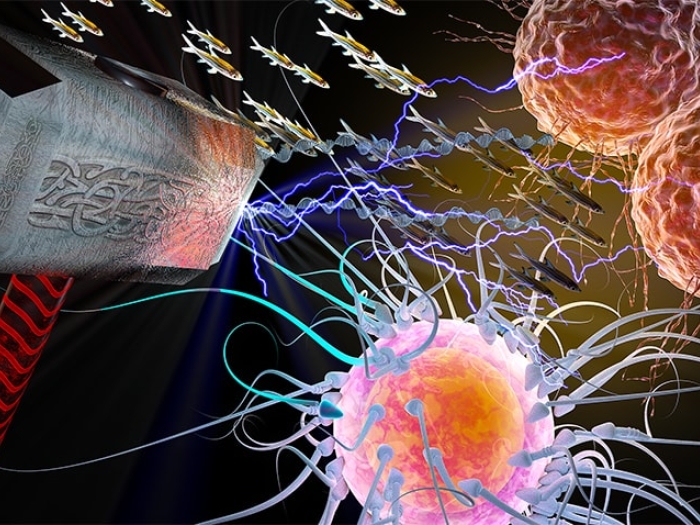
Health Lab
Researchers have identified and characterized a new type of RNA protein called THOR that plays a role in cancer development — and could serve as a target for drug development.

Health Lab
As many high-profile men face national reckoning for inappropriate sexual misconduct in the workplace, women in medicine are also standing up to say #MeToo, sharing their stories of sexual harassment and discrimination.
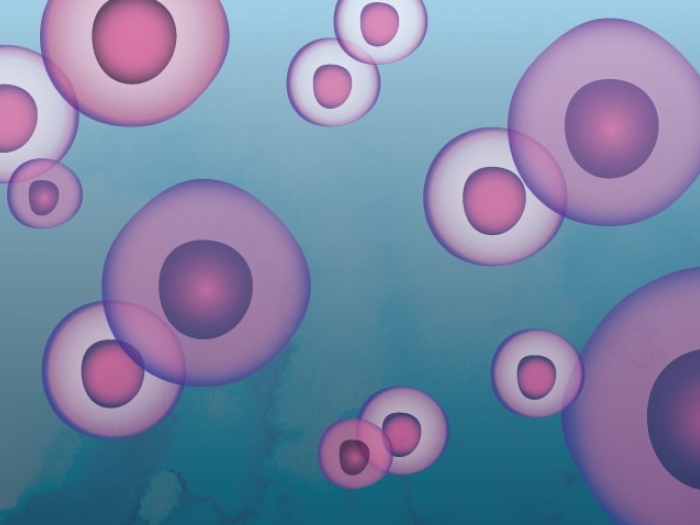
Health Lab
Cancer can damage undifferentiated naive T cells, which keeps the fighter cells from doing their job.

Health Lab
Five years of endocrine therapy or 10? As breast cancer patients weigh the benefits of long-term treatment, a new study might help.

Health Lab
Steady rates of recurrence in women with estrogen receptor-positive disease could influence decisions about long-term therapy
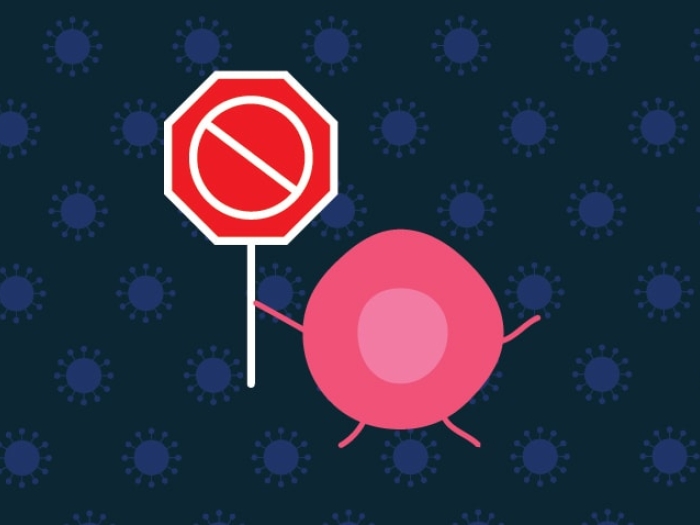
Health Lab
Suppressive Treg cells become even more suppressive when they die, a new study finds.
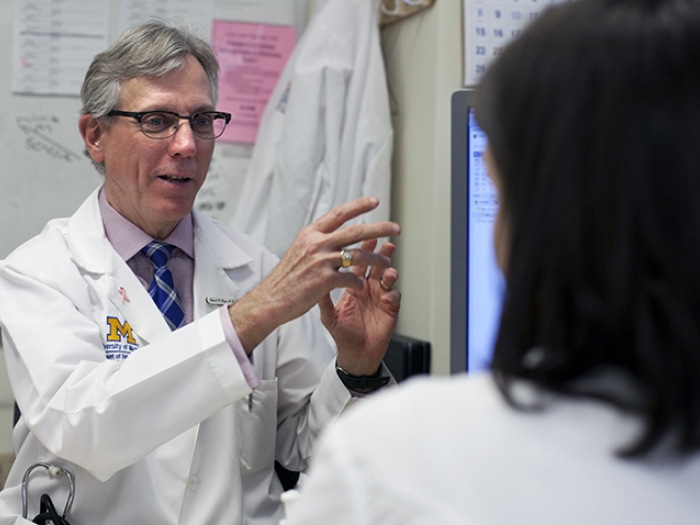
Health Lab
When will we cure breast cancer? See how breast cancer treatment has evolved since 1960 and find out what the future of breast cancer treatment and research holds.

Health Lab
Learn how a powerful combination of a new protein inhibitor and a chemotherapy drug lead to triple negative breast cancer cell death in mice.

Health Lab
Surgeon attitudes were the biggest driver of likelihood that patients receive contralateral prophylactic mastectomy, a new study finds.
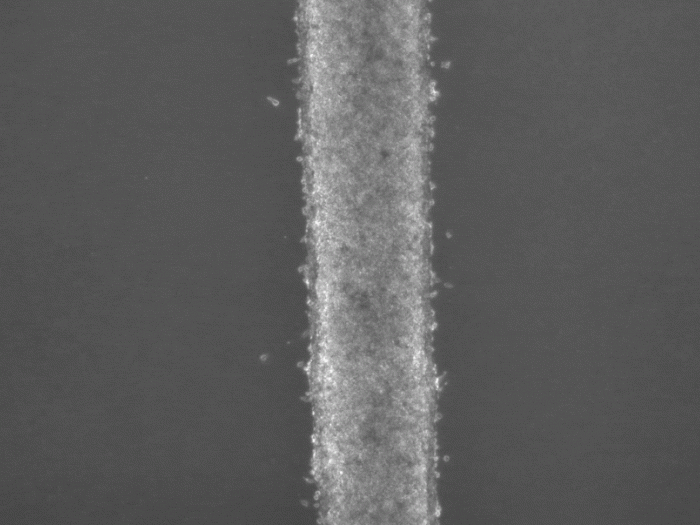
Health Lab
Researchers have developed a fluidic device to track over time which cancer cells lead the disease’s invasive march.

Health Lab
Worry about recurrence and radiation more often lead women to weigh double mastectomy.

Health Lab
See the research method and results of a study involving DNA and RNA sequencing of solid tumors and how these findings may inform precision cancer treatment.

Health Lab
Read the results of a study investigating the role of family and friends in breast cancer treatment decisions and find out how physicians can use this information to guide conversations with patients.

Health Lab
Learn how the use of precision medicine and genetic sequencing are gaining traction within the research community and ongoing clinical trails.

Health Lab
Michigan Medicine oncologists highlight some of the top findings that came from the field’s largest professional meeting.